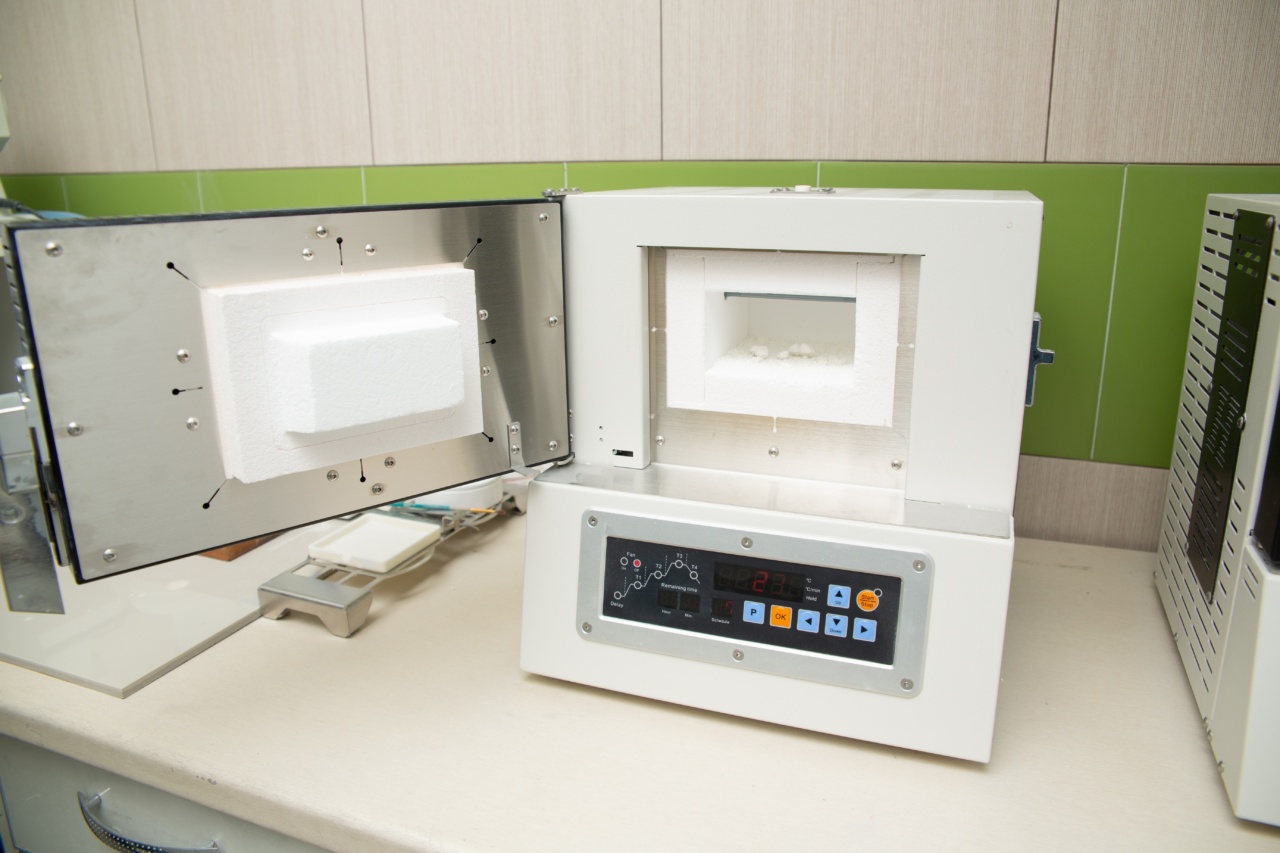Cancer is one of the most deadly diseases that is affecting mankind, and it has so many forms that make the treatment and prevention method different. However, with proper medication, it is curable too.
Among the different cancer types, Orthodontic Cancer is a rare but deadly tumor that affects the head and neck of the individual. Although chemotherapy and radiation are the standard methods used to treat this type of cancer, a new healing regimen has recently passed clinical trials and proved to be successful.
What is Orthodontic Cancer?
Orthodontic Cancer is a malignant tumor that affects the jaws and other bony structures of the head and neck region. It is an aggressive form of cancer that starts in the bone and spreads quickly to other parts of the body.
Since it affects the teeth and jaws, it can cause severe pain and difficulty in opening the mouth, swallowing and speaking.
How is Orthodontic Cancer Diagnosed?
There is no definitive test to diagnose Orthodontic Cancer. Doctors may carry out a biopsy, in which a sample of tissue is removed from the affected area and examined under a microscope.
Imaging tests, such as CT scans, MRI scans, and X-rays, may also be used to determine whether the cancer has spread to other parts of the body.
Current Treatment for Orthodontic Cancer
Currently, the treatment of Orthodontic Cancer involves a combination of chemotherapy, radiation therapy, and surgery. These treatments are intended to remove the cancerous cells, reduce the size of the tumor, and prevent the cancer from spreading.
The Limitations of Current Treatment
The current treatment for Orthodontic Cancer has its limitations. Chemotherapy and radiation can cause side effects such as nausea, vomiting, and hair loss.
Surgery, on the other hand, may result in disfigurement and can affect the patient’s ability to eat, speak and swallow. Furthermore, current treatments may not be effective for all patients, and some may face cancer recurrence despite going through the treatment process.
The New Healing Regimen
A new healing regimen for Orthodontic Cancer has recently been developed, which involves the use of a combination of immunotherapy, targeted therapy, and gene therapy.
This groundbreaking new treatment has the potential to revolutionize the way we treat cancer and provide a new ray of hope for patients suffering from this rare form of cancer.
The Success of Clinical Trials
Clinical trials of the new healing regimen have shown promising results. The treatment was found to be effective in killing cancerous cells and reducing the size of the tumor.
Moreover, it was found to have a low risk of side-effects compared to current treatments. Patients who underwent the new healing regimen reportedly had a better quality of life, with fewer side-effects and a higher chance of survival.
How the New Healing Regimen Works
The new healing regimen for Orthodontic Cancer works by employing a combination of immunotherapy, targeted therapy, and gene therapy. Immunotherapy is a type of treatment that uses the patient’s immune system to fight cancer.
Targeted therapy is the process of using drugs or other substances to target specific cancer cells. Gene therapy is the process of modifying the DNA of the cancerous cells to make them more susceptible to treatment.
Prospects for the Future
The success of clinical trials for the new healing regimen has opened up new possibilities for the treatment of Orthodontic Cancer.
Researchers are now exploring ways to refine the treatment in order to make it even more effective and increase its reach to more patients. The new healing regimen provides hope for patients suffering from this rare form of cancer, and it could bring us one step closer to finding a cure for all forms of cancer.
Conclusion
Cancer is a deadly disease that affects millions of people around the world. Orthodontic Cancer, although rare, poses significant challenges to patients and healthcare providers.
The current treatments for Orthodontic Cancer have their limitations, and patients may face the risk of recurrence. However, the new healing regimen for Orthodontic Cancer has shown promising results in clinical trials. This new treatment has the potential to revolutionize the way we treat cancer and provide new hope for patients and their families.























